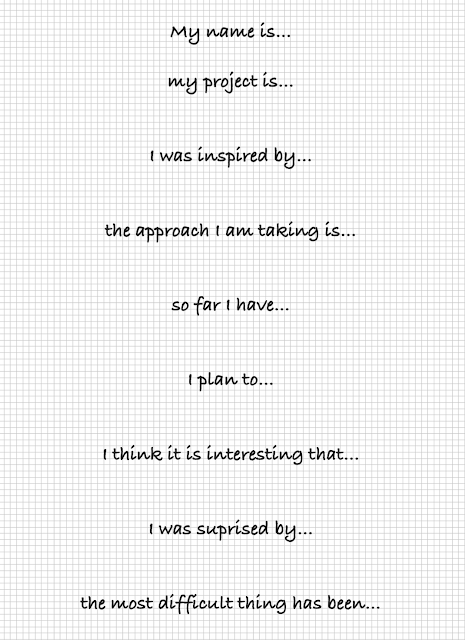- What did I accomplish yesterday?
- What will I do today?
- What obstacles are impeding my progress?
The combination of regular stand-up meetings, story-cards and a task-board seem to be a particularly powerful enabler for the other elements of Agile teams. What we termed the ‘task-board process’ confers both visibility and responsibility
“What I think about the task-board, and I feel it myself, is that the engineers have a hell of a lot more autonomy now. In what they do, there is much less control about what we do now, we pick things off the board, ourselves and we drive them ourselves right through to the end”To start off we adopted the following guidelines influenced by one of Dublin's early Extreme Programming consultancy groups EXoftware - now part of emergn. The guidelines helped us start to get into the habit of having a daily stand-up and to avoid some of the weeds that inevitably sprout up around new organisational practices when they appear to start succeeding. The 'weeds' are things that others try to piggyback, slipstream, coat-tail onto anything that succeeds in getting people in one place and paying attention.
Rules of stand-up meetings as follows…
- One of the team calls the rest to convene the stand up meeting
- Everyone gathers at the task board (conference remote people in by phone or skype)
- No interruptions
- Keep story to less than 60 seconds
- Start story with StoryName
- Walk up to the board and point to the cards you are referring to.
- Ask for assistance if required
- All dialogs to expand in break-out meetings after the stand-up
- Each person must stand up to the task board and indicate the story-card they are describing
- Adoption of stand-up meetings will negate the need for the weekly opening meeting
- The last stand-up meeting of each week is the “big meeting”. It will be followed by the weekly group meeting (operational focus as per previous opening and closing meetings).
Further Reading
Martin Fowler has given considerable thought to the dynamics, quirks, irritations, failings and other aspects of programmer stand-up meetings (martinfowler.com).
Martin Fowler has given considerable thought to the dynamics, quirks, irritations, failings and other aspects of programmer stand-up meetings (martinfowler.com).
